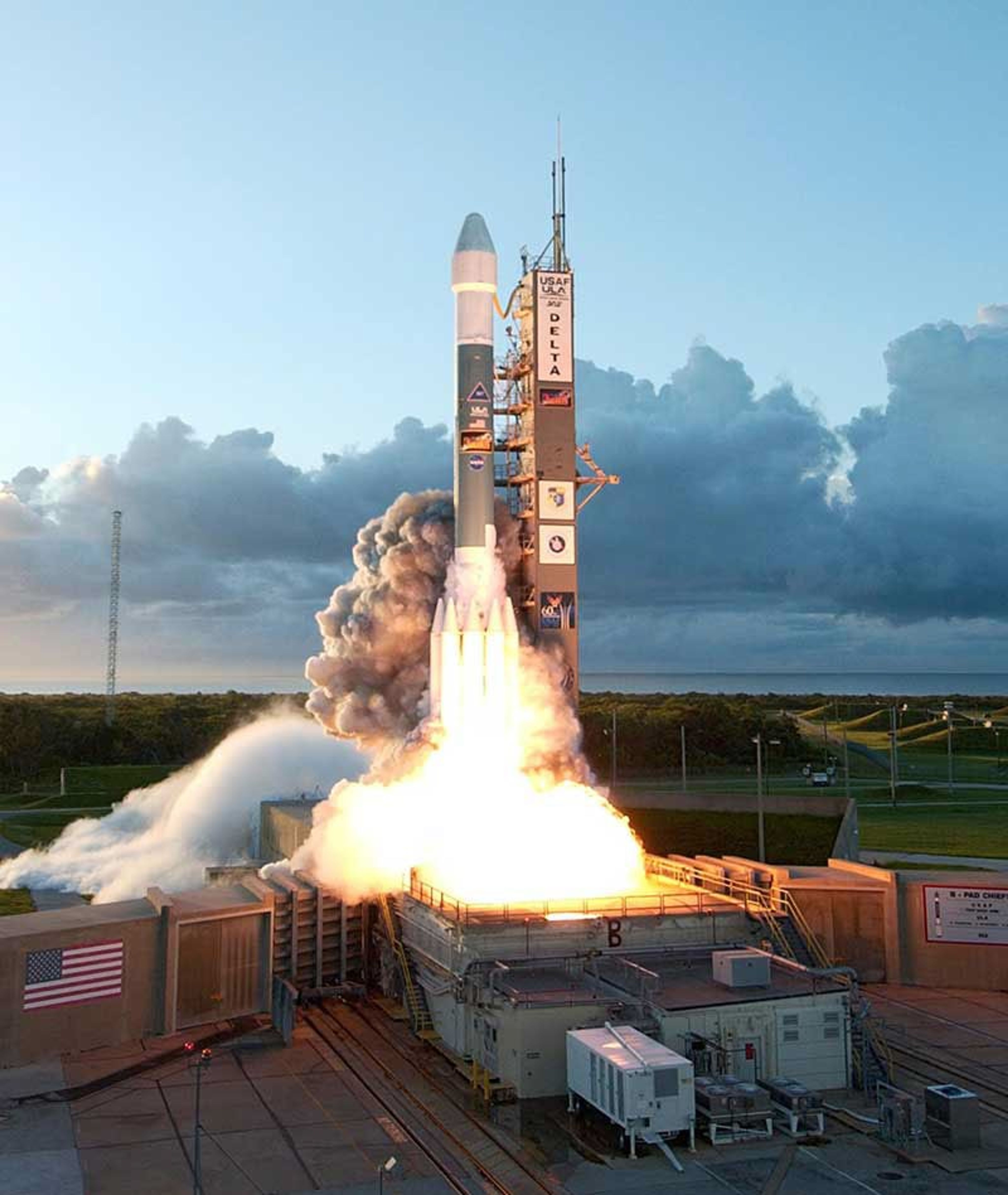
Shonte Tucker
Deputy Section Manager for Spacecraft Mechanical Engineering - NASA's Jet Propulsion Laboratory (JPL)
John Muir High School | Pasadena, CA
UC San Diego
B.S. Mechanical Engineering
North Carolina A&T State University
M.S. Mechanical Engineering with an emphasis in Thermal Sciences
As a child l attended 4-H camp, and while there I remember looking at the Moon and the constellations.
My mother has been with Lockheed Martin for over 50 years. When I was growing up, my mom talked about the amazing aircraft designed and built by Lockheed, and she brought home pictures, mugs, and other things touting the amazing technology they developed there.
Given that exposure (or perhaps indoctrination?) at home, coupled with a tour of NASA's Jet Propulsion Laboratory (JPL), my fate was sealed early! By fifth grade my first long-term goal was set – I was on a mission to become a mechanical engineer and work at JPL.
I am the Deputy Section Manager for the Spacecraft Mechanical Engineering Section. I have the privilege of being a part of the leadership team for a section of talented engineers responsible for the architecture of mechanical engineering designs and solutions that enable unprecedented missions and science acquisition, as well as mission-enabling technology and end-to-end mechanical systems.
The launch of the Dawn spacecraft on Sept. 27, 2007, was by far my favorite moment in my career.

I had the honor of being the thermal mission operations team lead for the spacecraft. The mission operations role was new to me and the thermal complexity of the spacecraft made the job extremely challenging. The learning curve was steep, and the pace of the project was very fast. The launch and checkout period presented some challenges, but those challenges were met, and the spacecraft fulfilled its mission. The Dawn spacecraft was retired in 2018.
My path to systems engineering began with a career in thermal engineering. Working in a discipline area that supported hardware design, build, integration, test, and mission operations gave me a very solid problem-solving foundation that aids me in my work as a systems engineer. So my advice would be to get work experience in a discipline area. You can go into systems engineering directly, but there is certainly great value in having depth in a discipline.
Take as many math and science classes as you can, and find ways to integrate what you are learning into your playtime (ex. GoldieBlox, Smart Circuits), your extra-curricular activities (ex. FIRST Lego League, FIRST Robotics), and start or keep practicing computer programming (ex. Scratch, Python, Java).
My mom greatly inspired me, as well as several JPL mentors and tutors I met while in high school. I am so grateful to all of them.
Upon graduation, I asked one of the tutors what I could do to repay him and he said, "Do the same thing for someone else." I really took that to heart and have been very involved in STEM outreach ever since.
I enjoy hanging out with my family and friends, watching football and women’s college softball.
This image of the Perseverance rover's parachute after the chute deployed to lower the rover to the surface of Mars. For me, it represents the successful culmination of the design, analysis, and testing that went into a critical element responsible for the safe landing of the rover on the surface of Mars. Further, I love that it includes the JPL motto: Dare Mighty Things.

Planetary science is a global profession.

